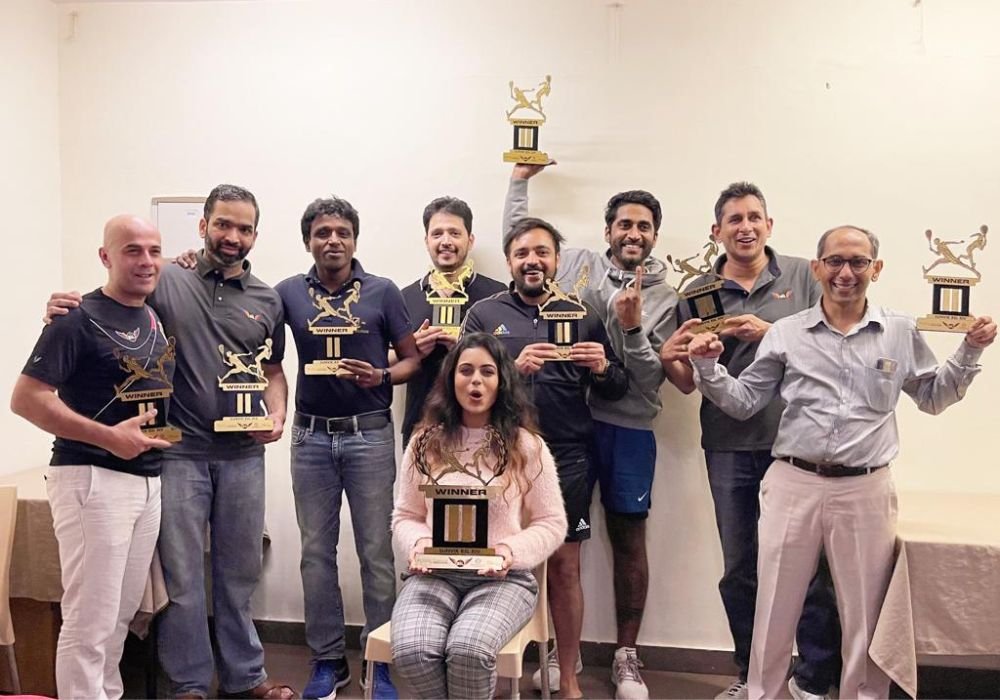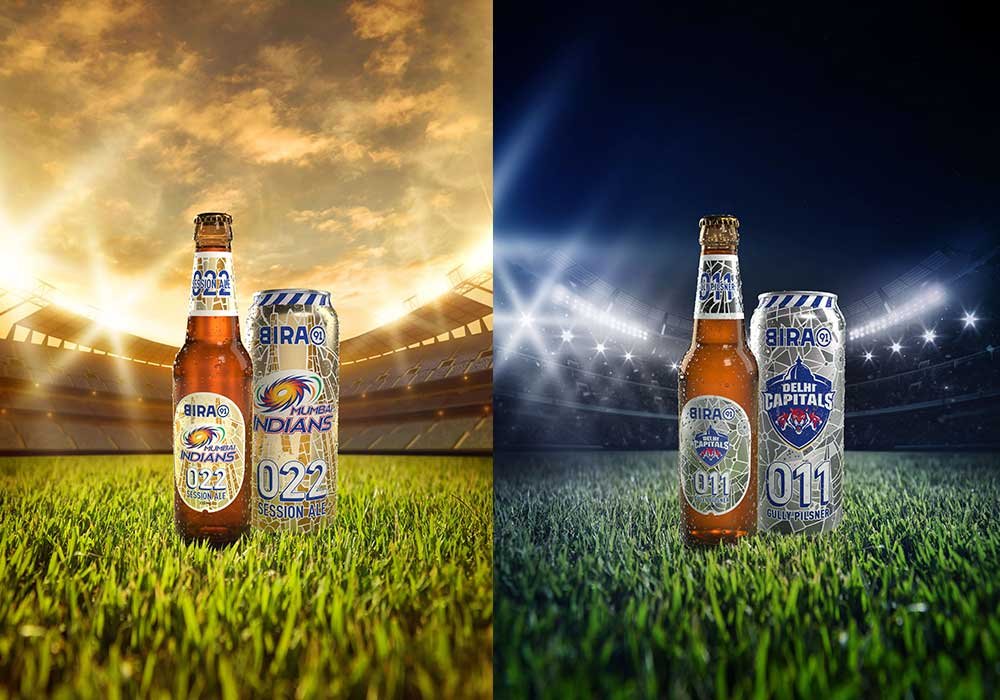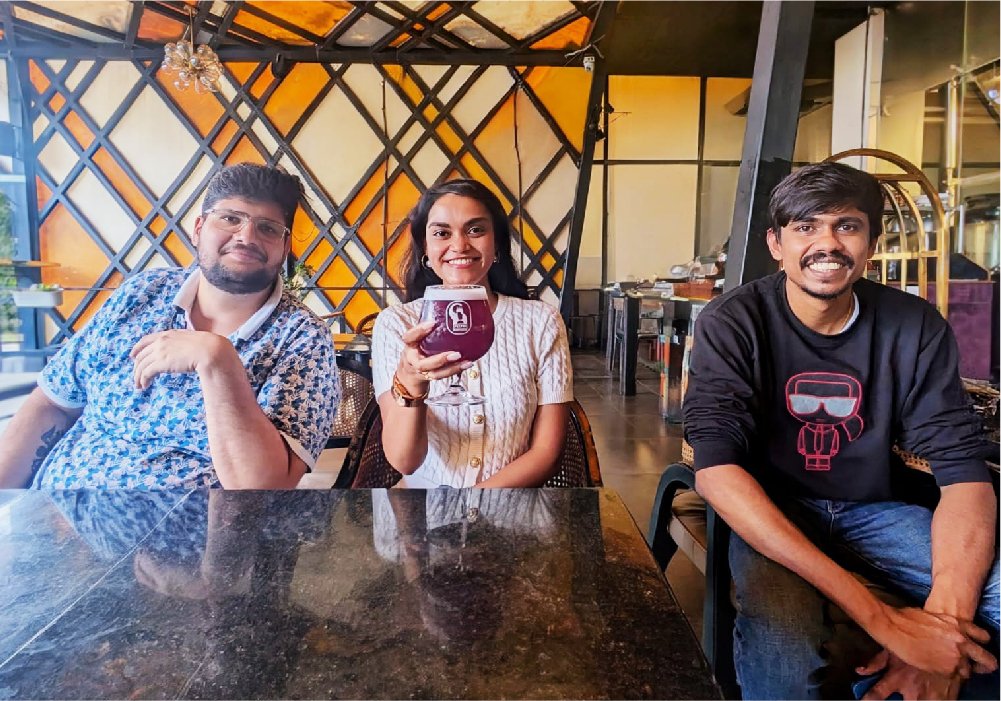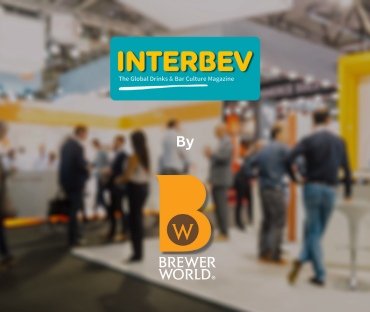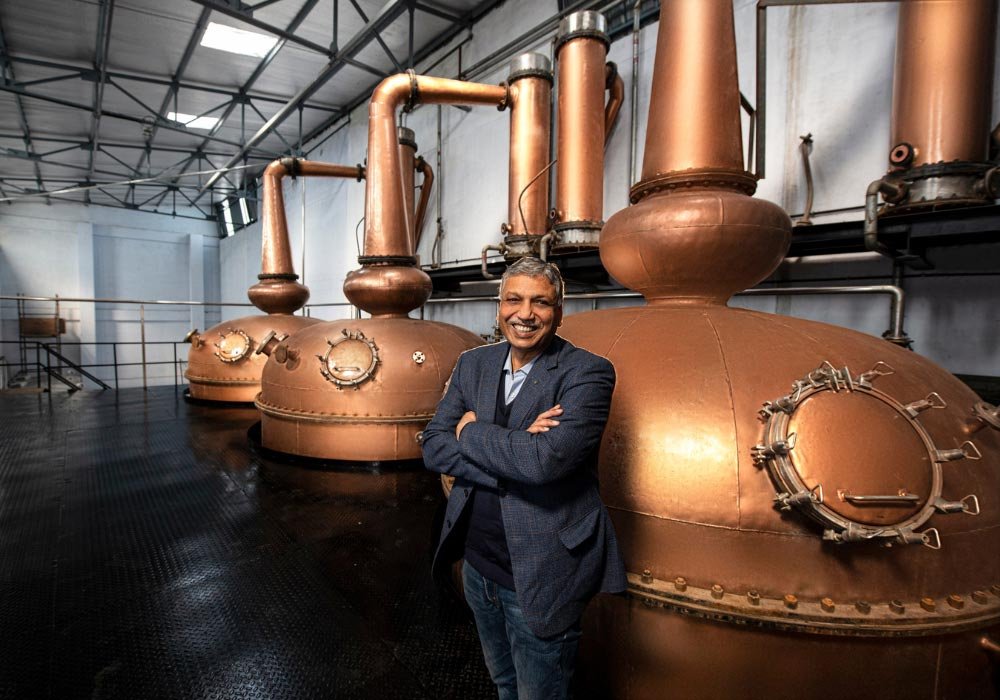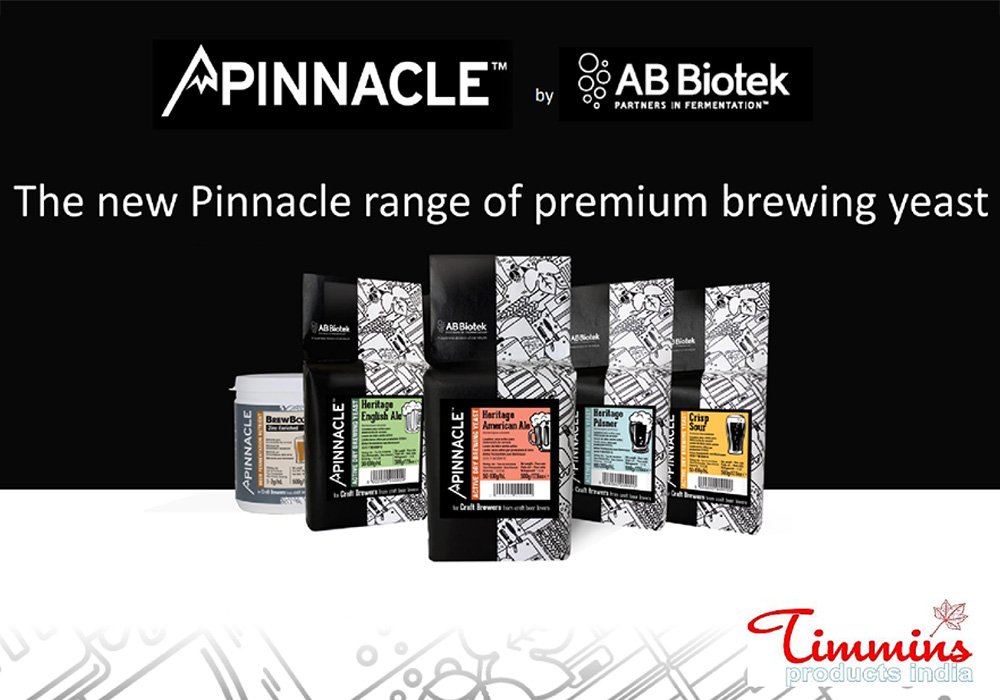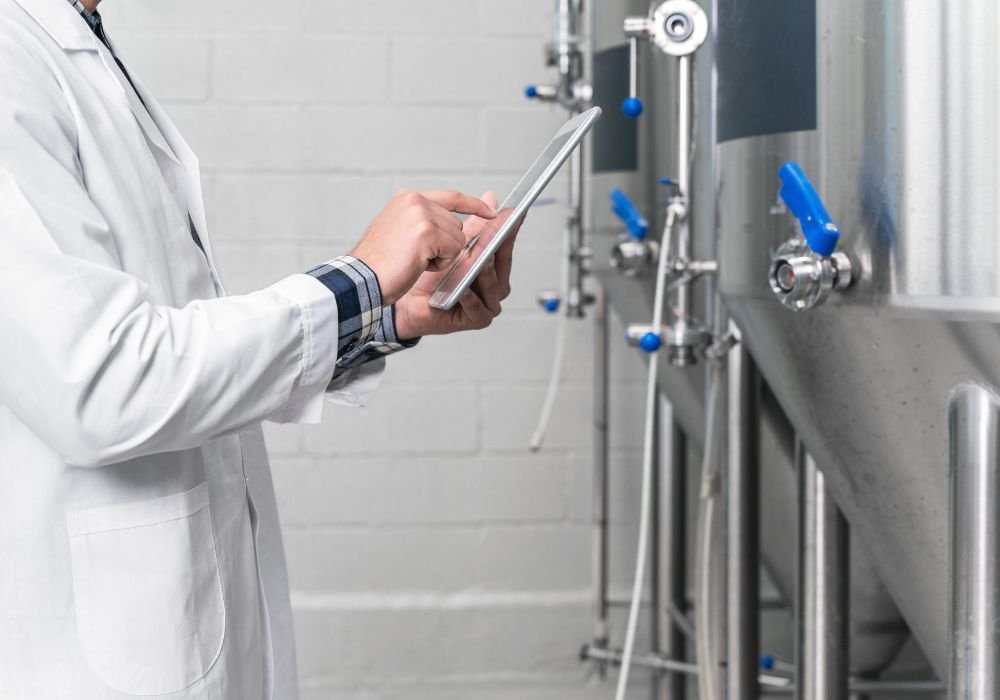
Latambarcem Brewers has emerged as a vibrant force in the craft beverage industry, skillfully blending artisanal craftsmanship with innovative brewing techniques. With two distinct brands, Maka and Borecha, Latambarcem offers a unique array of beverages that cater to diverse consumer preferences. Maka emphasizes luxury and quality, featuring traditional craft beers alongside experimental brews, while Borecha provides health-conscious options like kombucha and sparkling iced teas. This thoughtful approach to brand differentiation enables Latambarcem to effectively engage with various demographics and adapt to the evolving market landscape. Let's see what Mr. Ishan Varshnei has to say about the brand
Can you explain the core identity of Latambarcem Brewers and the distinct brands under its umbrella?
LB Brewers is a dynamic player in the craft beverage industry, operating under two primary brands: Maka and Borecha. Maka embodies the essence of artisanal craftsmanship, focusing on luxury and unique brewing techniques. It features a diverse portfolio of craft beers, including the specialty range that highlights traditional brewing styles, such as the Bavarian Keller and Belgian Blanche, as well as innovative experimental brews. On the other hand, Borecha represents a more health-conscious and fun approach to beverages, offering kombucha, sparkling iced teas, and functional sodas designed to cater to the growing demand for wellness-focused drinks. Each brand communicates independently, allowing us to target distinct consumer demographics effectively, while still maintaining a cohesive identity under LB Brewers.
Mossant: Where Every Sip is a Toast to Health
What motivated your transition from a finance career on Wall Street to launching a craft beverage company in India?
My journey into the craft beverage world was both unexpected and fulfilling. While I was deeply entrenched in the finance sector, I found solace in home brewing on weekends. This hobby sparked my passion, especially as I observed the burgeoning craft beer movement in the U.S. around 2014-2015, which encouraged creativity and experimentation with ingredients. Eventually, I grew weary of the monotonous corporate life, which lacked creative fulfillment. I began to envision a venture that combined my brewing passion with the potential I saw in the Indian market for high-quality craft beverages.
The realization that I could turn a hobby into a meaningful career ultimately inspired me to make the leap into the craft beverage industry, where I could express my creativity and meet the growing consumer demand for unique, quality products.

What initial challenges did you encounter when establishing your brewery, and how did you overcome them?
Establishing a new brewery is an intricate process filled with hurdles. Initially, I believed that producing great beer would be enough to succeed; however, I quickly learned that building a brand involves far more than just the product.
One of the primary challenges was creating awareness in a crowded market dominated by well-established players. Our early focus was on product development and infrastructure—scaling production to meet demand while ensuring we maintained quality. As we progressed, it became clear that brand awareness was vital. We concentrated on building a loyal customer base that appreciates our product's quality, which required strategic marketing efforts and effective distribution channels. Additionally, the regulatory environment in India posed its own set of challenges, but by adapting our strategies and being flexible, we have managed to navigate these complexities and grow our brand.
What distinguishes Maka from other craft beer brands in the Indian market?
Maka sets itself apart through a commitment to artisanal production and quality. Unlike many craft breweries that rely on contract brewing, we maintain our own manufacturing facility, which allows for meticulous control over the brewing process and ingredient sourcing. We produce our beers in small batches, enabling us to experiment and refine our products continuously. For instance, we source our ingredients from the best locations—Valencia for oranges and Sicily for lemons—ensuring the highest quality in our brews. While many brands may claim to be craft, only a handful genuinely adhere to the principles of craft brewing.
Our dedication to sourcing premium ingredients, combined with our hands-on approach and innovative brewing techniques, results in distinctive products that resonate with consumers seeking authenticity and quality in their craft beer experience.
How has Latambarcem Brewers evolved since its inception in 2017, and what are your long-term goals for the brand?
Since our establishment in 2017, LB Brewers has experienced significant evolution. Initially, we focused on product development and establishing the infrastructure necessary for manufacturing. Over the years, we have adapted our strategies in response to market demands and consumer preferences. Currently, our emphasis is on brand awareness and expanding our international reach, with successful entries into markets like the U.S., Canada, and the UK. Our approach remains dynamic; as we grow, we will shift our focus to different aspects of the business while maintaining our commitment to quality. Our long-term goal is to bring our unique brewing creativity to a wider audience while preserving the integrity of our products.
We aim to achieve significant recognition and success in the craft beer landscape by cultivating a loyal customer base and continually innovating our offerings.
How does Latambarcem Brewers balance the unique identities of its two brands, Maka and Borecha?
Balancing the identities of Maka and Borecha is a crucial aspect of our brand strategy. Each brand caters to different consumer segments, and we communicate with them independently to resonate with their distinct audiences. Maka embodies luxury, artisanal craftsmanship, and a deep appreciation for brewing heritage, while Borecha focuses on fun, innovation, and health-conscious choices. This clear differentiation allows us to engage each target audience effectively while leveraging the strengths of the LB Brewers umbrella. Our marketing strategies for each brand reflect their core values and consumer expectations, ensuring that both brands can thrive without overshadowing one another. This balanced approach is essential in navigating the diverse beverage landscape while maintaining brand integrity.
What insights have you gained from consumer behavior research in the beverage market?
Our research has unveiled significant insights into the evolving preferences of Indian consumers. Unlike previous years, where a single product could appeal to a wide audience, today's consumers seek diversity and personalization in their beverage choices. This shift has driven us to develop a broad range of products under Borecha that cater to various lifestyles and occasions. For instance, we offer products suitable for consumption at different times—whether it’s a refreshing kombucha during leisure time or a functional soda post-workout. We have also noticed a growing trend toward health-conscious choices, prompting us to focus on low-sugar and zero-sugar options.
By understanding these diverse consumer behaviors, we aim to build brand recall and create lasting habits among our consumers, ensuring our offerings align with their evolving preferences.

How do you plan to maintain quality and consistency in your craft beers as you expand into new markets?
Maintaining quality and consistency as we expand is a top priority for LB Brewers. The key to achieving this lies in our commitment to manufacturing our products in-house. Our facility has the capacity to produce approximately 30,000 pieces per month, and we can scale this up significantly without compromising quality. This ensures that every batch of beer meets our high standards. From the outset, my brother and I decided to only manufacture in our own facility, allowing us to have complete control over the brewing process. As we grow into new markets, our focus will remain on maintaining our quality benchmarks, ensuring that consumers receive the same exceptional product they’ve come to expect, regardless of where it is sold.
What role do collaborations play in Latambarcem Brewers' growth strategy?
Collaborations are an exciting avenue for growth and innovation at LB Brewers. They allow us to leverage the strengths of other breweries and tap into new markets. For example, we recently collaborated with a craft brewery in Taipei to create a unique beer available only in our hometowns. This exclusivity not only builds excitement but also fosters community among beer enthusiasts. Looking ahead, we plan to increase our collaborative efforts from one to three per year, which will include partnerships with international breweries. This strategy not only enhances our product offerings but also expands our reach and brand visibility, allowing us to create unique experiences for our consumers while driving brand loyalty.
Timmins Unveils Heritage Pinnacle Yeasts Range in India
What are the main challenges Latambarcem Brewers faces in navigating India's regulatory landscape for alcohol distribution?
The regulatory environment in India poses significant challenges for craft breweries like LB Brewers. While launching new products in international markets or regions like Goa may be straightforward, different states have varying regulations that complicate the process of expanding our craft beer offerings. These complexities often require substantial financial investment, particularly in excise duties, which can be prohibitive for smaller brands. For example, entering the Delhi market necessitates a hefty payment per label, which can quickly deplete our capital. Moreover, navigating trade challenges, especially in regions like the Northeast, requires us to optimize our distribution strategies continuously. We hope that future reforms will simplify these regulations, allowing craft breweries greater flexibility to innovate and expand their offerings across India.
As Latambarcem Brewers continues to grow, its commitment to quality and innovation remains steadfast. The company's focus on maintaining in-house manufacturing and embracing collaborations with other breweries ensures that it stays at the forefront of the craft beverage revolution in India. With aspirations to expand its reach both domestically and internationally, Latambarcem is poised to solidify its position as a leader in the craft beverage market, providing consumers with exceptional products that reflect their diverse tastes and preferences.
